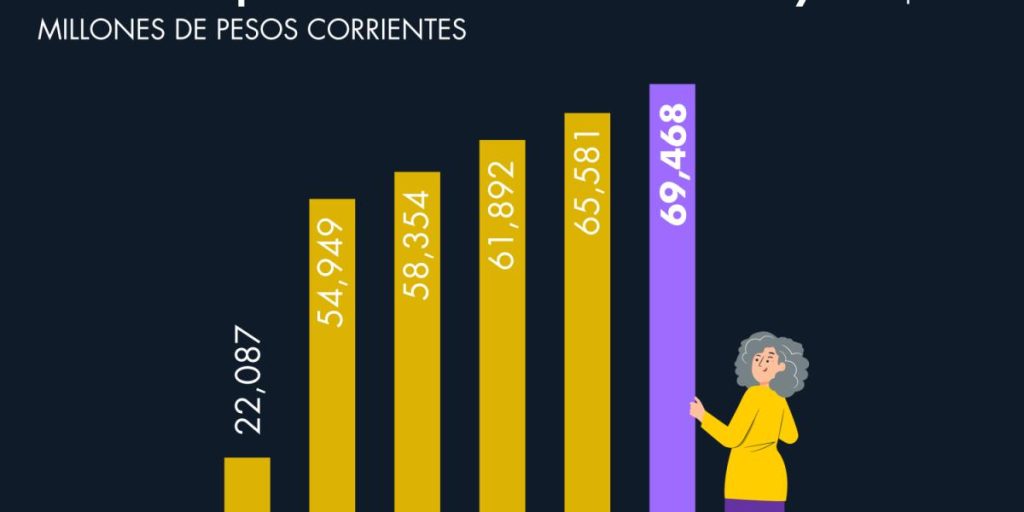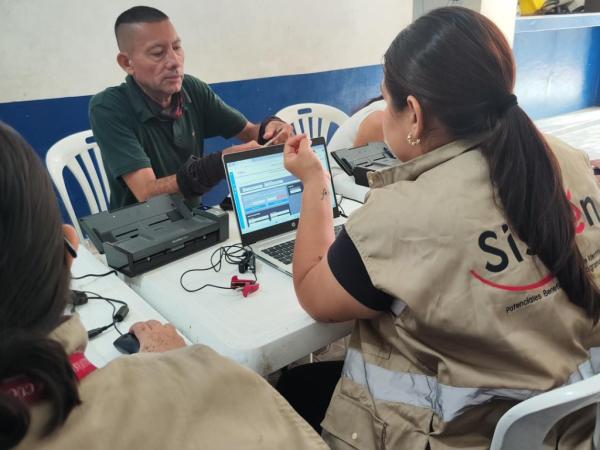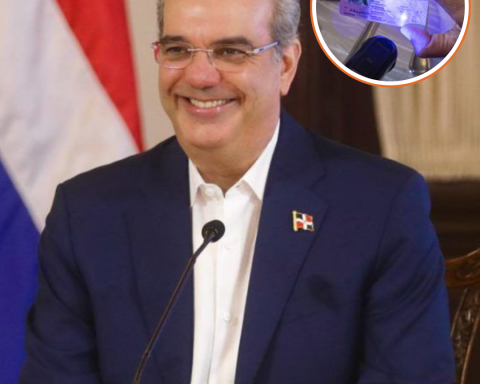MIAMI, United States – Reporters and activists have denounced a new wave of repression unleashed on the Island against collaborators of independent media outlets in the past hours. The latest reports indicate that several journalists have been threatened, interrogated, forced to resign from their work, and compelled to return sums of money allegedly received from training programs or collaborations with international media.
Journalist María Lucía Expósito, one of the victims who has publicly denounced this harassment, explained that she was subjected to over six hours of interrogation, during which her cellphone and US$1,000 were confiscated. “Psychological violence, with the State’s approval, uses the Penal Code as an instrument,” Expósito stated in a post shared on the profile of her colleague and friend, Lisbeth Moya.
In addition to financial extortion, State Security has forced the interrogated journalists to sign handover forms acknowledging they received funds from “subversive” projects, thus fabricating evidence against them. In some cases, they are forced to publicly resign from independent journalism and record video confessions, as the victims report, according to an editorial published by The Touch this Friday.
The use of these methods, according to observers, seeks to discredit journalists and independent entities while laying the groundwork for potential criminal charges against them. There are concerns that the videos recorded during interrogations could be used in televised programs to discredit the victims, following a pattern of media harassment previously employed.
Cubanet, Neighborhood Journalismand The Touch have been particularly affected. Several collaborators from these three outlets have publicly denounced the harassment and pressure, leading some to resign from their work to avoid further reprisals.
In recent hours, identical “resignation” messages from journalists have surfaced on social media: “Through this post, my wife, Annery Rivera Velasco, and I, Yennys Hernández Molina, declare our resignation from collaborating and/or participating in any independent media outlet or project considered subversive or contrary to the interests of the Cuban government,” Hernández Molina posted.
Shortly after, journalist Yadira Álvarez Betancourt also announced her “resignation” in a post identical to those of her colleagues.
For its part, Cubanet denounced this Thursday that several of its journalists and collaborators living on the Island had been victims of repressive actions directed by regime authorities, including threats, intimidation, brief detentions, and confiscation of work equipment and money.
The journalists were threatened with long prison sentences or having their family members’ well-being affected if they continued their work. However, the repression was not limited to verbal threats: several Cubanet reporters have also been filmed against their will under duress after hours of psychological torture, as they denounced.
These repressive actions are part of a growing wave of harassment against independent journalists and opposition figures in Cuba, a country where free journalism is criminalized.
On this very Friday, October 4, the Social Communication Law approved by the regime came into effect, which has been criticized as a new tool for the Cuban authorities to further limit freedom of expression and access to information.
Since its approval, journalists and various non-governmental organizations have pointed out that the law will tighten restrictions on independent digital media in Cuba, which continue to be unrecognized by the regime, and whose journalists are subjected to harassment and threats of imprisonment by authorities.
“It’s ironic that the new Social Communication Law takes effect just as repression against freedom of expression in Cuba intensifies,” wrote entrepreneur Katia Sánchez Martínez on Facebook. “In recent days, several journalists, communicators, and entrepreneurs have faced interrogations, abuse, seizures, and threats, revealing attacks against any form of independent expression. Today is a sad day, but this doesn’t end here,” the young woman also remarked.
Follow our channel WhatsApp. Receive information from CubaNet on your cell phone through Telegram.
















